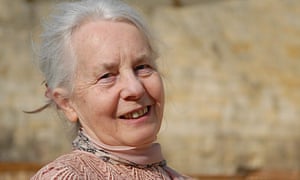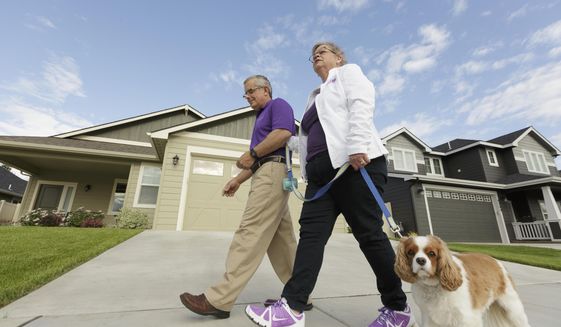
It takes one hell of a woman to burst out laughing at the thought of her own torturous hallucinations of ringing phones, babies crying and typewriter keys tapping. Dr Jennifer Bute is that woman. In The Doctor’s Dementia (Radio 4), Jennifer tells the no-nonsense story of what it is like to live with her condition. She was in her late 50s and working as a busy GP when she noticed she was becoming forgetful, a symptom she blamed on getting older.
But Jennifer was diagnosed with dementia – and realised her condition was deteriorating when she left her internet shopping delivery on the hob and instinctively turned on the four “twirly things”. The plastic packaging melted while she watched. “It was only when the bananas exploded that I was brought to my senses,” she says.
Although it’s unimaginably hard for Jennifer to go from lecturing “off the hoof” to batting off an attack by an imaginary swarm of bees, her refusal to become a victim is a breath of fresh air. You instinctively trust her when she says dementia is a challenge, not the end of the world or a death sentence. Yes, she’s a doctor, but she’s also speaking up for herself and many others in the same situation.
“I discovered when people found out I had dementia they avoided me,” she explains. “They don’t know what to say.” So she produced leaflets for her children and friends to help them cope. And when she realised she couldn’t find her way home, she bought a satnav.
It’s a practical approach to dementia, and a reminder that life goes on for the person involved. Little strategies go a long way. She finds Facebook useful as it involves short sentences and a picture of the person she’s interacting with, making it easier to remember who they are. Singing also helps. “It’s like a workout,” she says.

